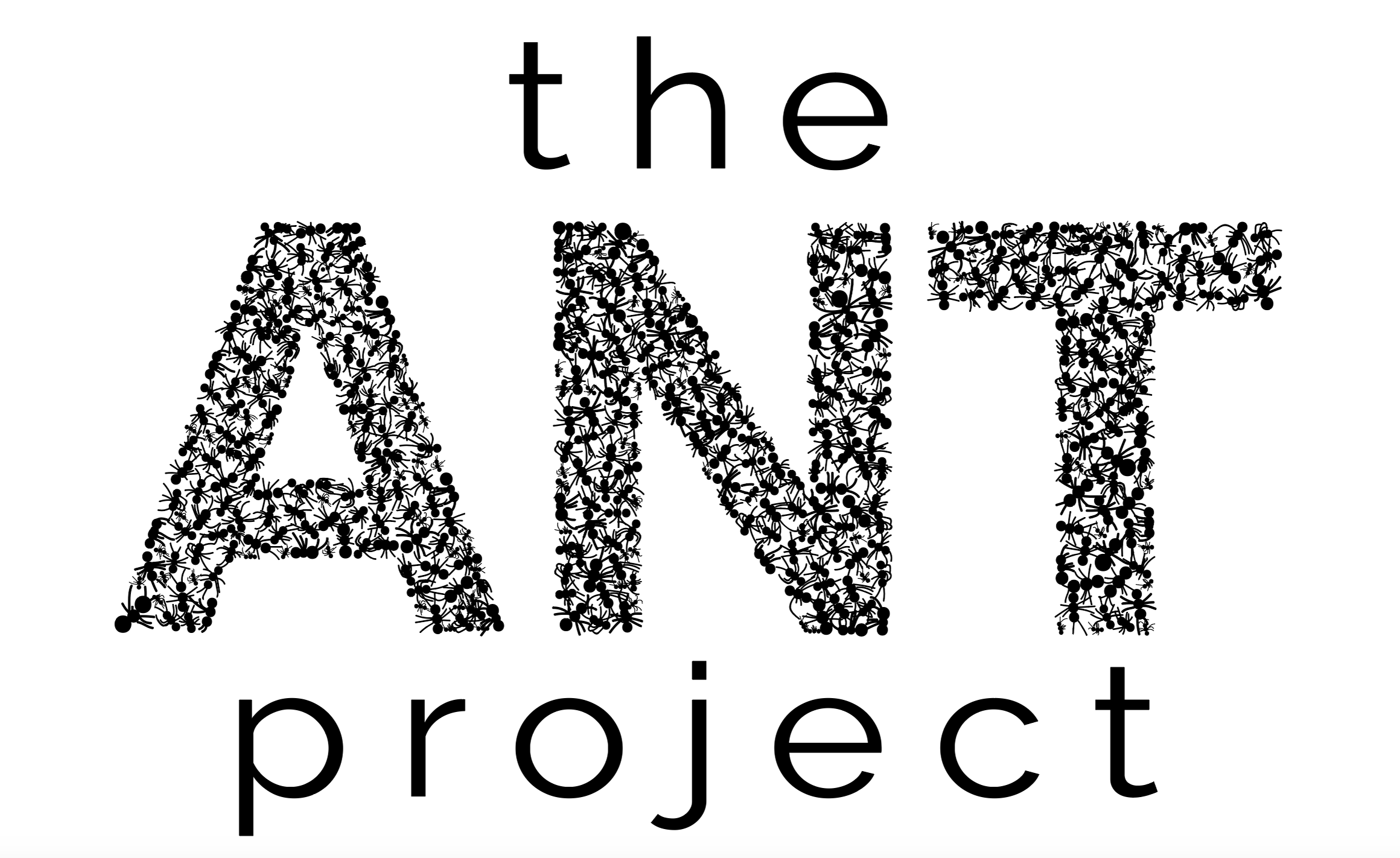UNTITLED ART MIAMI BEACH 2023
Sementerxs introduces us to a group of LGBTQ+ construction workers in Mexico City whose arresting gazes and playful smiles are a homage to their strength, resilience, and beauty as they navigate precarious conditions in North America’s largest city. Mexican photographer Mitzi Falcon depicts the uniformed Sementerxs transposed on backgrounds reflecting both their industrial setting in this megacity of 20 million as well as the lush natural textures of the group’s hometown, the tropical city of San Andres Tuxtla on Mexico’s Gulf coast.
The gaze of the Sementerxs shines through in this series of portraits, confronting the viewer with an almost unnerving feeling of intimacy that attracts and teases, indicative of the deep bond between photographer and subject. Falcon first met the Sementerxs in their visits to her mother’s shop, across the street from the construction site where they work and live in Mexico’s capital. There, they found a woman who shared their language; Falcon’s mother was also a construction worker who defied gender roles, rebuilding her own home after the 1985 earthquake that left swathes of Mexico City in ruins.
The Sementerxs arrived at Falcon’s shop with hard hats and luscious eye lashes, bright orange vests and flirtatious smiles that shone radiant from beneath a layer of dust. Falcon and her mother developed a bond with the Sementerxs as their day-time visits and night-time beer runs turned into intimate chats about their lives, hopes and dreams – as well as dangers they faced on site, where bosses quickly spirited away workers’ bodies following repeated accidents. The Sementerxs defy death daily as they fight for their dreams.
Falcon’s work challenges viewer’s gender stereotypes, posing questions about power, strength, and beauty through portraits that flip traditional notions of what it means to be a construction worker.
Falcon does so by utilizing the images’ background to give context, contrasting the harsh and traditionally masculine construction site setting with figures whose self-presentations defy rigid norms of binary gender. Her subjects confront the viewer with their powerful and seductive gazes and arresting self-presentation, provoking us and simultaneously inviting us into a fluidly queer space.
With their gazes, the Sementerxs subvert the power structure of the image and of the society they live in. They came to Mexico City seeking opportunity, and yet in the capital found themselves at the bottom of the pay structure, working in precarious conditions with few avenues for mobility as they sent much of their earning to help loved ones back home. Yet in these photos, they control the scene as well as the viewer with their eyes; they are powerful icons both strong and delicate, evoking queer scenes of defiance, playfulness, and eroticism that tempt the viewer with what comes next without surrendering an ounce of control.
The intimacy of the Sementerxs’ gazes reflects their close relationship with the photographer. Falcon grew up in the queer community; her mother’s best friend Paco was a local icon who hosted red curtain drag shows next door. At her shop, the Sementerxs found an urban refuge that resonated with their own experience in their hometown, where queer and trans identity are widely celebrated. The fluidity of their identities as they navigate queer and trans, rural and urban, homo and hetero, is symbolized by the x of Sementerxs, which defies the rigid a/o gender binary of Spanish grammar to imagine alternative possibilities.
In Falcon’s portraits, the Sementerxs’ determination shines through brilliantly as they build the future while being true to themselves. The Sementerxs are the forgotten builders of the metropolis and of the nation; in a time of growing intolerance worldwide, the portraits reveal an enduring beauty, resilience, playfulness, and pride.
Alex Shams
